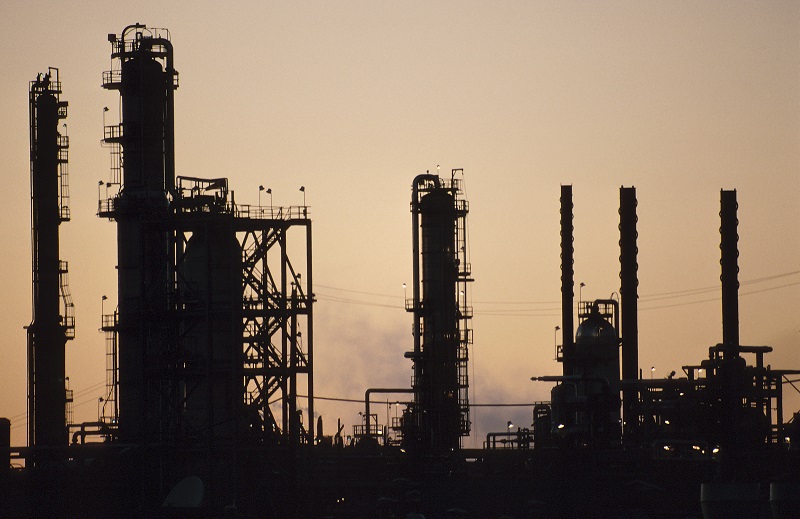Peak oil

|
Contents |
[edit] Introduction
The term 'peak oil' denotes the moment in time when domestic or global oil production peaks and will forever afterwards go into decline. Peak oil is therefore the point of maximum oil production.
[edit] Predictions
One of the earliest peak oil predictions came in 1956 from American Shell Oil geologist, M. King Hubbert, who pointed out that US oil production would peak around 1970. He was later proved correct by both the National Academy of Sciences and the Energy Information Agency (EIA). Hubbert subsequently generated much concern when he predicted a global peak oil date of 1975. However, this proved to be incorrect, as global oil production rose steadily to 2015.
Ever since Hubbert, there has been much research and debate and many government studies about when peak oil will occur: the International Energy Agency (IEA) for instance, gave its peak oil prediction as 2008 (ie the peak of conventional oil production). So far, numerous predictions have all turned out to be inaccurate, as oil production has continued to grow.
[edit] New technology
Peak oil depends not only on oil reserves but also available prices and technology. One reason it has proved so difficult to predict peak oil is because it is hard to know exactly what the available oil reserves are, given there are conventional sources of production (eg crude oil) and unconventional (shale oil). Twenty years ago, for example, it would have been very difficult to factor in the oil that might have been available from fracking which has allowed some regions such as North Dakota, US, to enjoy an oil production boom.
Given the movement towards alternative energy sources, it may be more relevant to talk of peak oil in terms of demand rather than of supply. Some oil analysts have argued that peak oil will be brought about by reduced demand, driven by increasingly expensive oil. Others have predicted that oil will become so expensive that fewer will have the means to pay for it.
[edit] Related articles on Designing Buildings Wiki
Featured articles and news
Infrastructure that connect the physical and digital domains.
Harnessing robotics and AI in challenging environments
The key to nuclear decommissioning and fusion engineering.
BSRIA announces Lisa Ashworth as new CEO
Tasked with furthering BSRIA’s impressive growth ambitions.
Public buildings get half a million energy efficiency boost
£557 million to switch to cleaner heating and save on energy.
CIOB launches pre-election manifesto
Outlining potential future policies for the next government.
Grenfell Tower Inquiry announcement
Phase 2 hearings come to a close and the final report due in September.
Progress from Parts L, F and O: A whitepaper, one year on.
A replicated study to understand the opinion of practitioners.
ECA announces new president 2024
Electrical engineer and business leader Stuart Smith.
A distinct type of countryside that should be celebrated.
Should Part O be extended to existing buildings?
EAC brands heatwave adaptation a missed opportunity.
Definition of Statutory in workplace and facilities management
Established by IWFM, BESA, CIBSE and BSRIA.
Tackling the transition from traditional heating systems
59% lack the necessary information and confidence to switch.
The general election and the construction industry
As PM, Rishi Sunak announces July 4 date for an election.
Eco apprenticeships continue help grow green workforce
A year after being recognised at the King's coronation.
Permitted development rights for agricultural buildings
The changes coming into effect as of May 21, 2024.





















